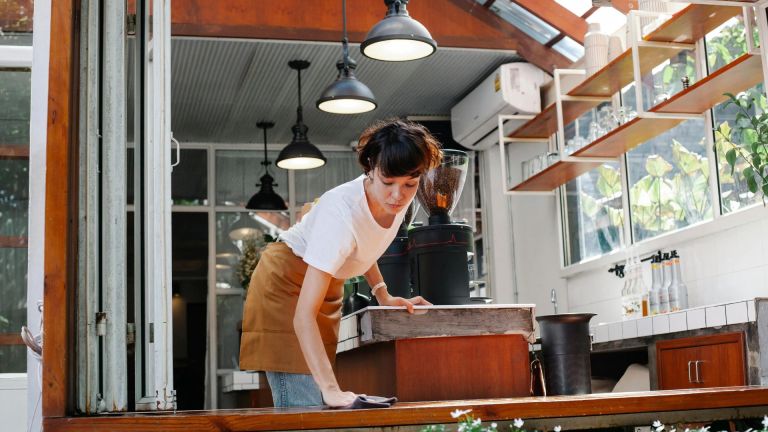With England in the grip of a heatwave, the leading body of HR professionals is urging bosses to embrace home working to help staff stay “comfortable and productive”.
There is no legal requirement for workplaces to be kept below a certain temperature but given the current hot weather, firms are being told to take precautions to keep their staff safe and comfortable.
Temperatures could reach 33C on Tuesday and are expected to remain widely above average for the next 10 days at least.
“Where possible, employers should be flexible with working arrangements and allow people to work from home in very hot weather if they will be more comfortable and productive at home,” said Rachel Suff, wellbeing adviser for the Chartered Institute of Personnel and Development (CIPD).
“Commuting can be arduous in hot weather, so allowing people to stagger their start and finish times to avoid travelling at peak rush hour could help.
“While there’s no specific legal minimum or maximum temperature for workplaces in the UK, employers need to make sure the temperature in workplaces is reasonable.”









